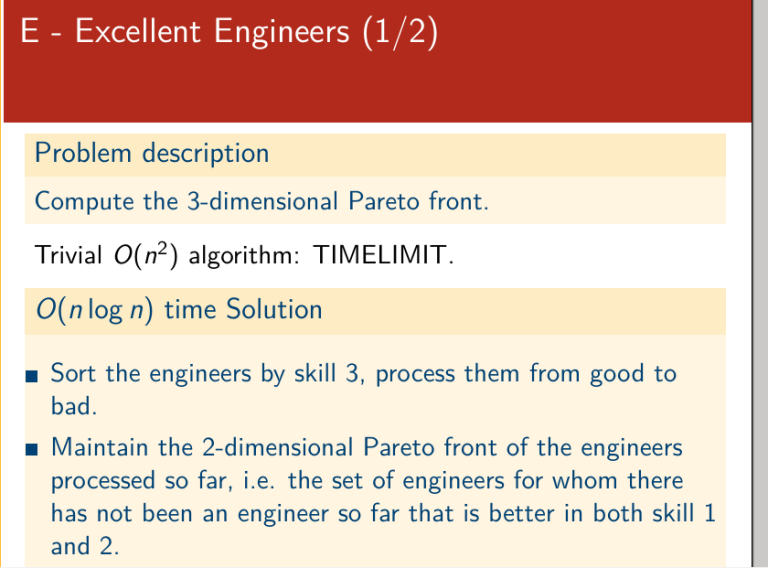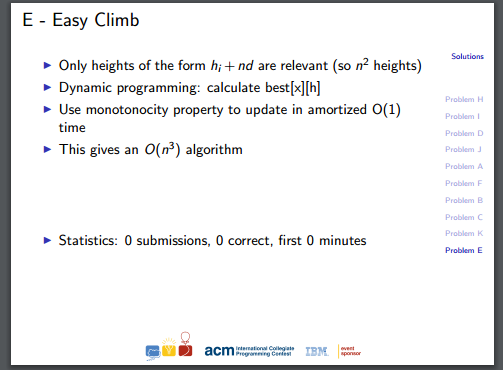Hi!
I know that once I read a blog explaining requirements for being able to propose a round on codeforces (be expert for at least some rounds, etc.).
I cannot find this blog anymore, if someone could give me the link to it or explain those rules in the comments I would be greatly thankful.
Also wouldn't it be nice to have a section called rules in the top of the website, explaining the rules to the contest, rules about rating change and also for problemsetting? I believe this would be more well organized.
Thanks for reading :)












